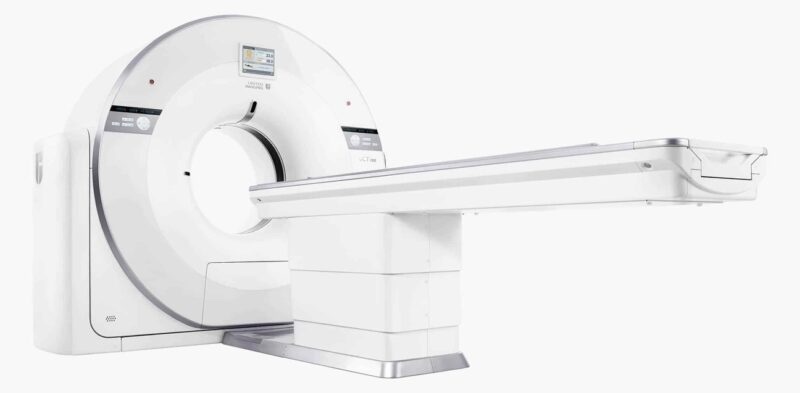
Many illnesses begin quietly. A person might feel a little more tired, get breathless more easily, or notice slight changes in sleep or appetite. These small signs are easy to ignore, but they can sometimes point to more serious health problems. That is where regular health assessments can help. By spotting changes early, they allow for quicker treatment and better outcomes.
In the UK, health services aim to shift more focus onto prevention. This means not only treating people when they are ill, but helping them stay well in the first place.
What Is a Health Assessment?
A health assessment is a general check-up that looks at a person’s physical and mental condition, including those who are currently feeling fine. In fact, the aim is to check on people who feel fine, just in case there are early signs of illness.
The assessment might include checking blood pressure, weight, heart rate, and other vital signs. It can also look at lifestyle choices like diet, smoking, and exercise.
Health professionals might ask about family history or any recent changes in mood, energy levels, or sleep patterns. All of this gives a clearer picture of someone’s health and helps to catch anything out of the ordinary.
Why Early Detection Matters
Catching illness early can make a big difference. It may mean simpler treatment, faster recovery, and less risk of long-term problems. For example:
- High blood pressure has no clear symptoms at first. A health check can pick it up before it leads to heart disease or stroke.
- Early-stage diabetes may go unnoticed. Regular testing helps catch it before it causes damage to the eyes, kidneys, or nerves.
- Some cancers can be found before symptoms appear. Health checks can include screening for certain cancers depending on age and risk.
By acting early, people often avoid hospital stays or the need for complex treatment.
Who Should Have Regular Health Assessments?
Anyone can benefit from health checks, but they are especially helpful for:
- Adults over 40
- People with a family history of certain illnesses
- Those with long-term health problems (e.g., asthma, diabetes)
- People with a high-stress lifestyle or a poor diet
- Adults who smoke, drink heavily, or get little exercise
NHS Health Checks are offered every five years to people aged 40 to 74 who do not already have a known condition. This is part of the broader move towards prevention in public health.
The Office for National Statistics: health trends show that many serious health conditions are rising in the UK, including heart disease and type 2 diabetes. With an ageing population, these checks are more important.
What Can Be Spotted During a Health Assessment?
A regular health check may help detect:
- High cholesterol levels
- High or low blood pressure
- Irregular heart rhythms
- Early signs of diabetes
- Signs of anaemia or vitamin deficiencies
- Mental health concerns like depression or anxiety
- Lung problems in smokers or ex-smokers
- Risk factors for stroke or heart attack
By keeping track over time, a pattern may emerge. A small change in weight or blood pressure might not mean much once, but over time, it can point to a bigger concern.
The Role of Preventive Care
Preventive healthcare is about avoiding illness rather than reacting to it. This can include vaccinations, advice on healthy living, and regular checks to pick up problems early. According to the WHO overview of preventive healthcare, many long-term illnesses can be prevented or better managed with early advice and regular checks.
Health assessments are part of this approach. This supports people to make healthier choices and offers early warning signs that can lead to better care.
An Example: Vista Health
Private providers also offer support for early detection. Vista Health offers a range of health assessments that can provide a thorough understanding of your health. These checks are often quicker to access than NHS services and can help identify risks before they cause problems. This option may suit people who want peace of mind or faster results.
Making the Most of Your Check-Up
To get the best from a health assessment:
- Be honest about symptoms and lifestyle
- Ask questions if something is unclear
- Follow up on any advice or referrals given
- Keep records of results over time
It’s also helpful to go in with a list of any concerns or recent changes in health. Even small details can help build a clearer view.
Final Thoughts
Regular health assessments provide insights about your overall well-being. They are a chance to take control of your health, catch illness early, and feel more confident about the future.
Whether through the NHS or a private provider like Vista Health, these checks can make a real difference. And with rising rates of preventable illness in the UK, they are more relevant than ever.
It is better to find a problem early than to face it too late. A simple check-up could be the step that helps you stay well for years to come.














